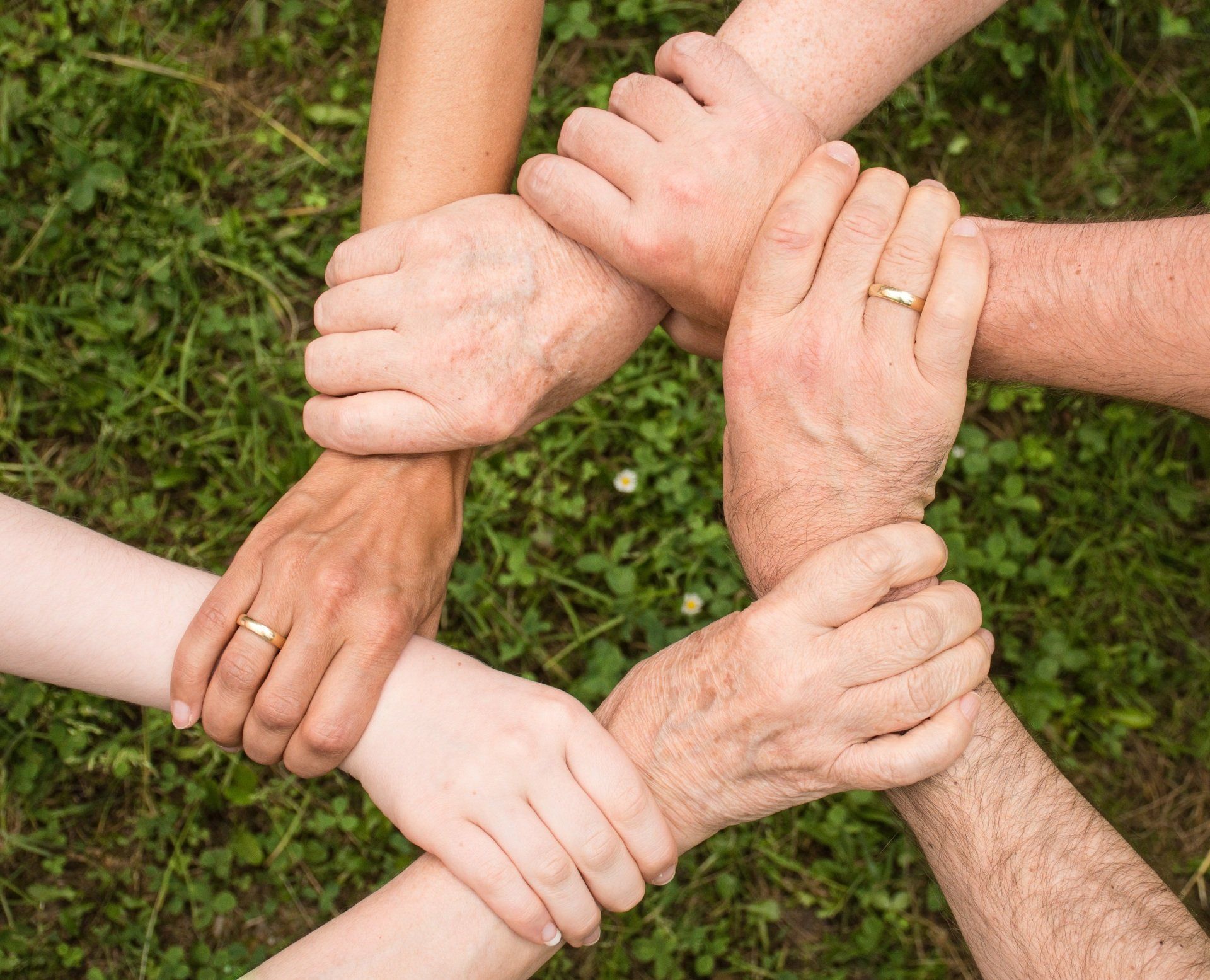The Blessings of Liberty
There has been a lot of discussion about our rights, violation of rights, and what we are entitled to do or not do as Americans over the past year and a half. With the recent celebration of our country’s independence, I thought it might be a good time to remind our brains of what we learned in history class and what our country was founded on. Below is a simplified version of our US Constitution and the unalienable rights that are established and secured for every American citizen.
"We the People of the United States, in order to form a more perfect union, establish justice, insure domestic tranquility, provide for the common defense, promote the general welfare, and secure the blessings of liberty to ourselves and our posterity, do ordain and establish this Constitution for the United States of America."
The Bill of Rights (or First Ten Amendments)(1791)
1. Congress is forbidden to pass any law setting up a religion or interfering with religious freedom or with free speech or with the right of people to get together peacefully and petition the government to have their grievances looked into.
2. The right of the people to keep and bear arms shall not be interfered with.
3. No soldier in time of peace shall be assigned to live in a private home without the consent of the owner, nor in time of war except in a lawful manner.
4. The people are protected against search and seizure without a warrant.
5. A grand jury is provided for in serious crimes. Persons are protected from being tried twice for the same offense, or from having to testify in criminal cases against themselves, or from being deprived of life, liberty, or property without lawful means.
6. A fair and speedy trial for the accused is guaranteed in criminal cases.
7. A jury trial is provided for in civil suits exceeding $20.
8. Very high bail, stiff fines, or cruel punishment are forbidden.
9. Just because certain rights of the people have been stated in the Constitution does not mean that they do not still have others not mentioned there.
10. All powers not given by the Constitution to the U.S. nor forbidden to the states are reserved to the states or to the people. Later Amendments
Remaining Amendments to the US Constitution:
11. Forbids the citizens of another state or of a foreign country from suing a state in the U.S. courts (1798).
12. Provides that the electors should state on their ballots the person they want for President and the person for Vice President (1804).
13. Forbids slavery and "involuntary servitude" (1865).
14. Forbids states from passing laws depriving any person of life, liberty, or property "without due process of law" or of not giving to each person the equal protection of the law (1868).
15. Forbids the U.S. or any state from preventing a person from voting because of "race, color, or previous condition of servitude" (1870).
16. Permits the income tax (1913).
17. Provides for the election of Senators by the people instead of by the state legislatures (1913).
18. Forbids the manufacture, sale, or shipment of intoxicating liquors (the Prohibition Amendment) (1919).
19. Gives women the right to vote (1920).
20. The term of the President ends on January 20. If the President elect dies before the term begins, the Vice President elect shall become President (1933).
21. Repeals the 18th Amendment; once more allows the making and sale of liquor (1933).
22. Bars any President from serving more than two terms. Where a Vice President has become President on the death of the President and has served more than two years of the President's term, the Vice President shall not be allowed to run for more than one term in addition (1951).
23. Gives the District of Columbia three electoral votes for the election of President and Vice President (1961).
24. Section 1. Forbids the United States or any state to abridge or deny any citizens the right to vote for the President or Vice President or for any state representative in Congress because of failure to pay a poll or any other tax. Section 2. Gives Congress the power to enforce this article by appropriate legislation (1964).
25. Sets up a plan for the Vice President to take over the duties of the President when the latter is unable to perform them (1967).
26. Permits voting by eighteen-year-olds (1971).
https://teachingcivics.org/wordpress/wp-content/uploads/2013/10/Simplified-United-States-Constitution-and-Bill-of-Rights.pdf
Remembering our past helps us appreciate the present and successfully move forward into the future.




